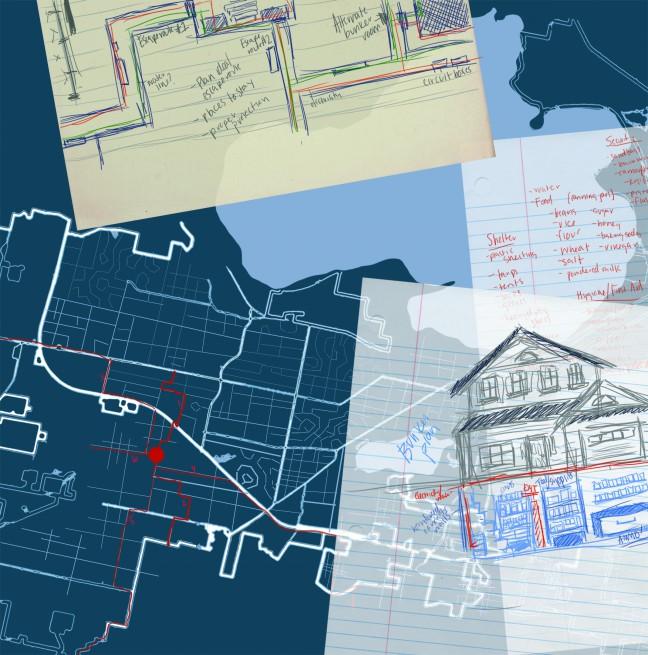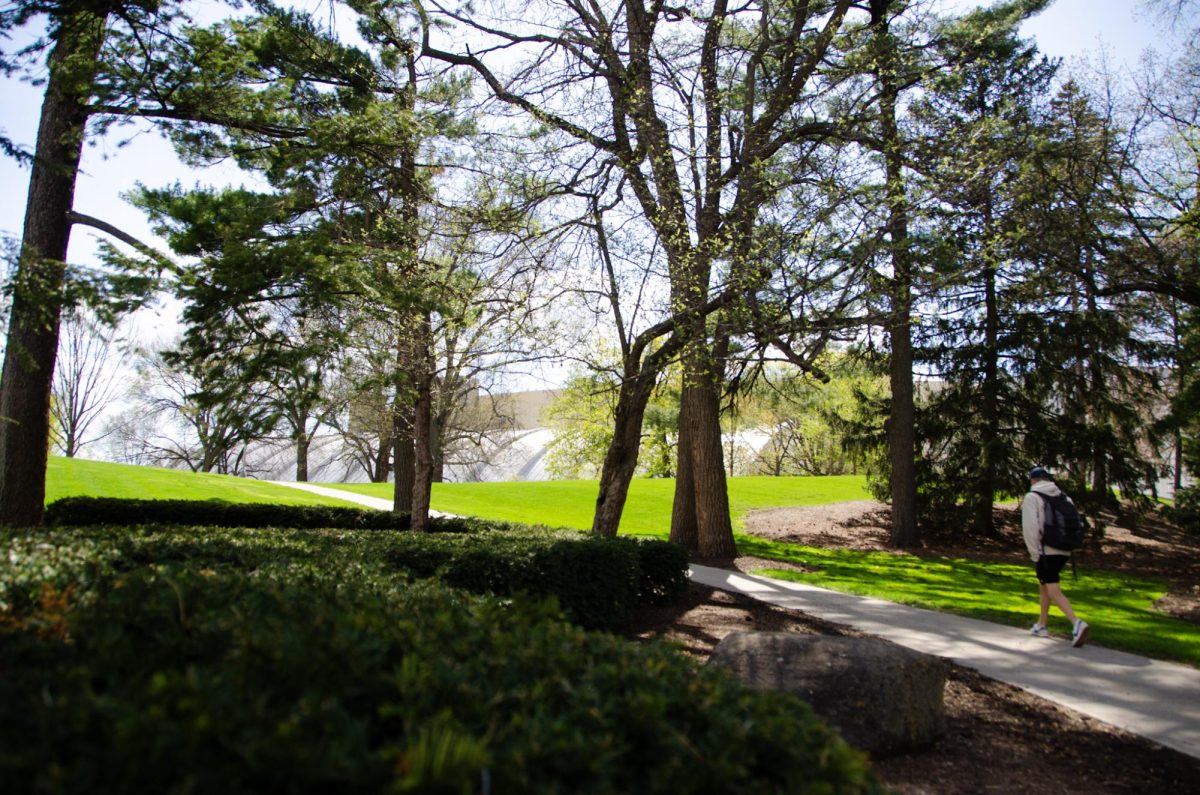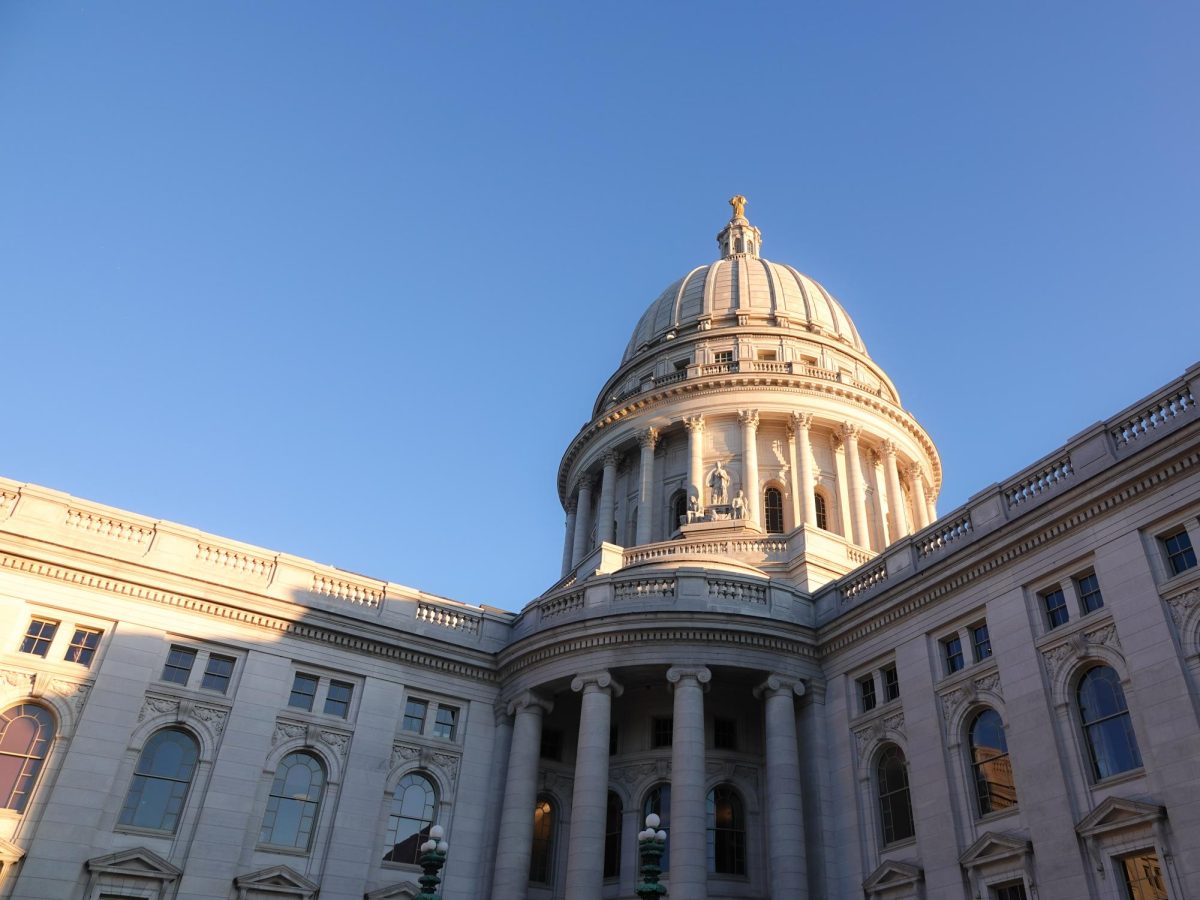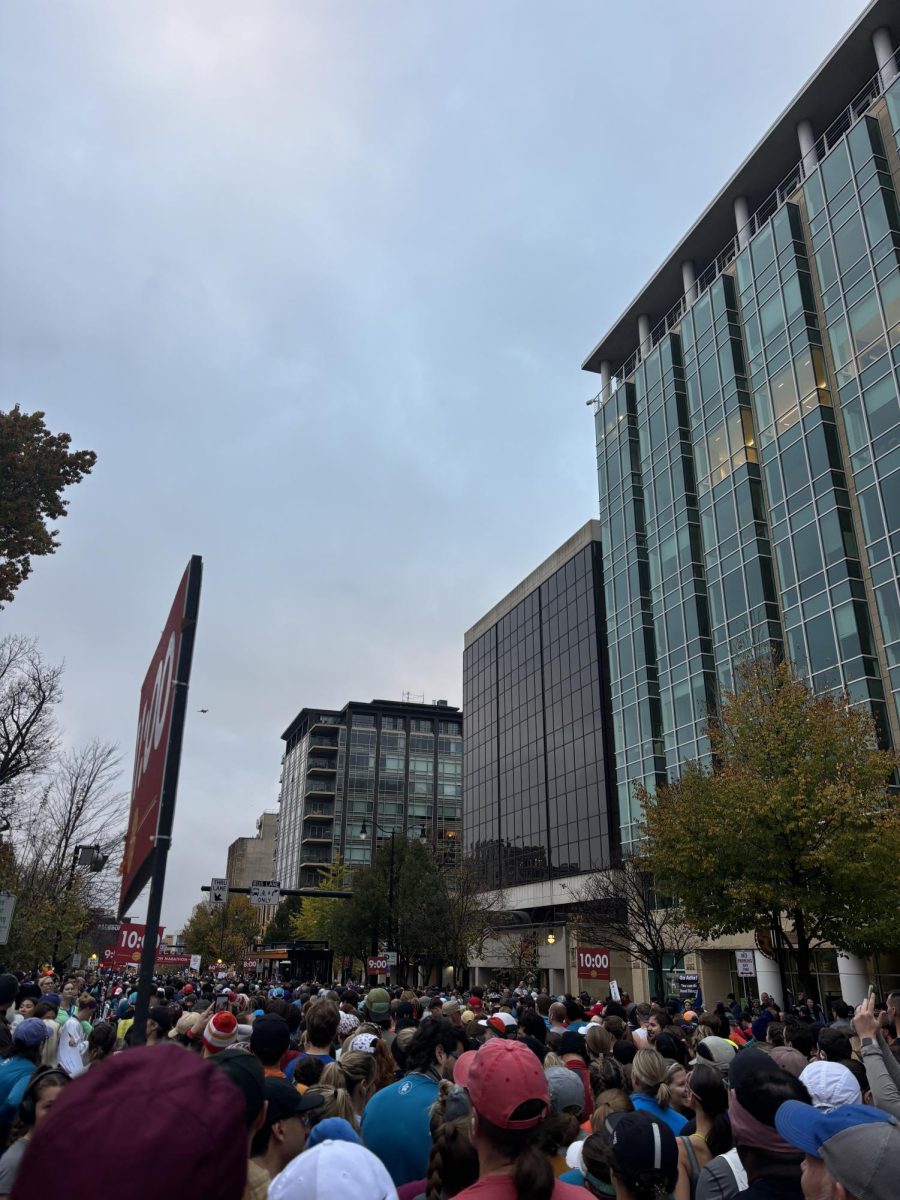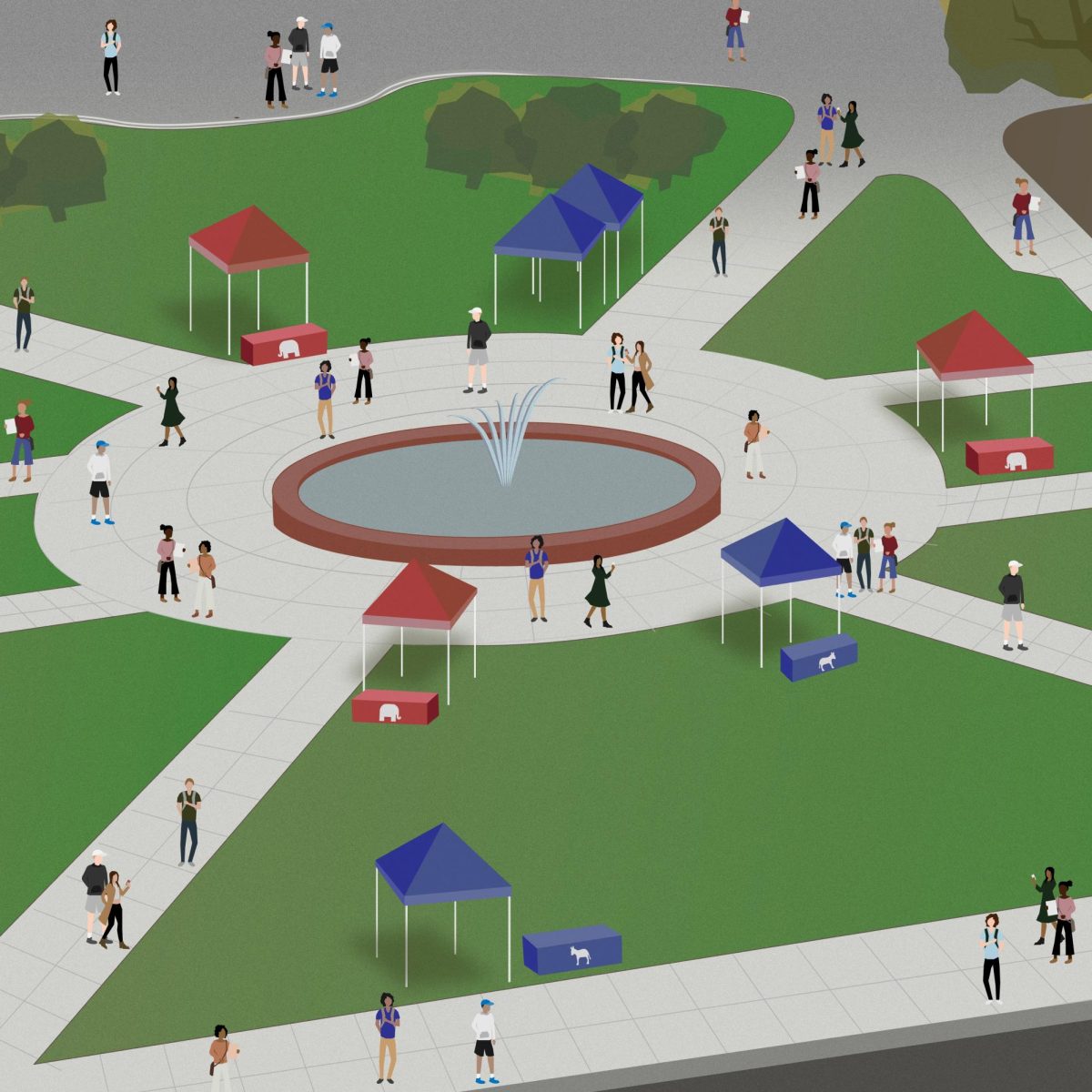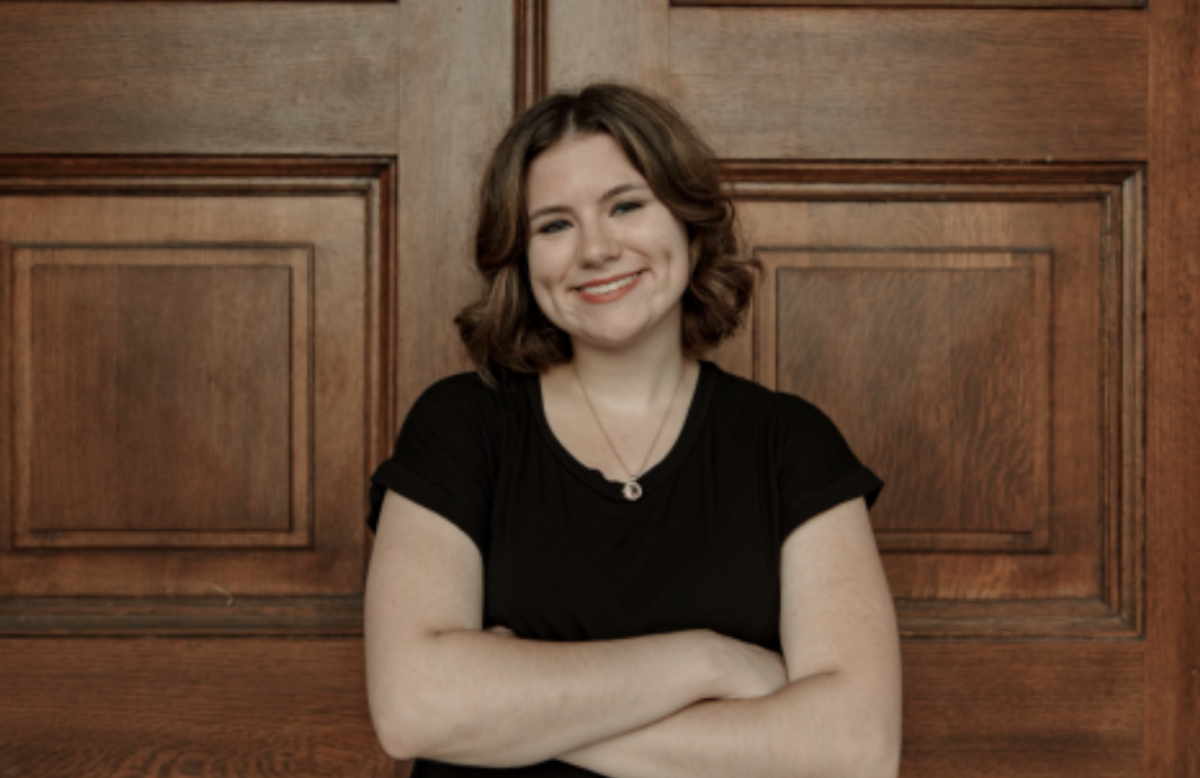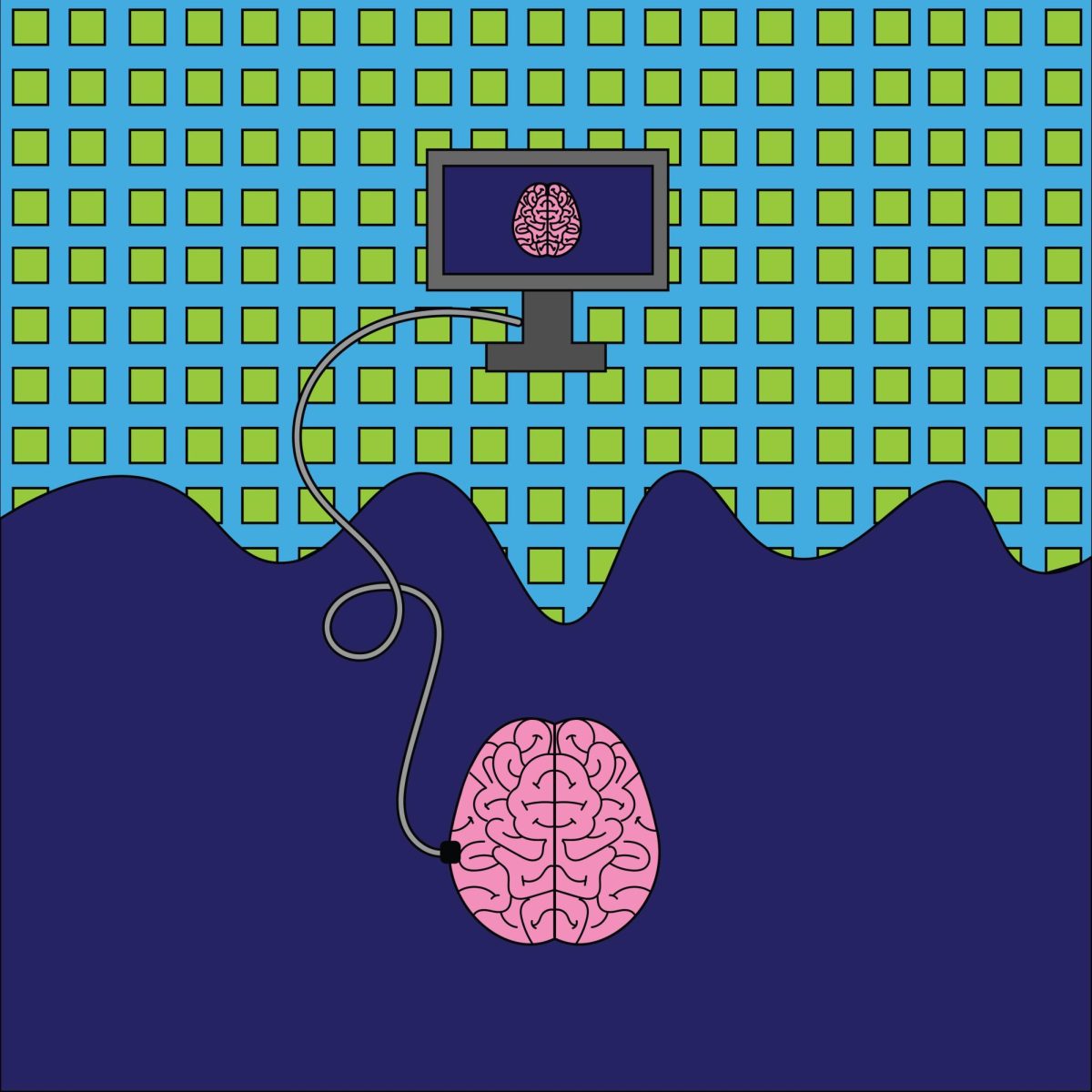When Curt LaHaise was caught in a wildfire in California in 1981, he realized he had been living without a plan. In the 34 years since, he’s been living his lesson learned.
LaHaise is a leader of a growing organization of preppers in Madison. Preppers are individuals who live in a state of mind of caution and awareness, stocking up on survival materials in case of disaster. With 381 members, it’s the largest network of preppers in the state.
“In California I worried about earthquakes, wildfires, flooding,” LaHaise said. “When the winds would blow, the fires would start, they would burn the hills and then rains would come, everything would mudslide and then throw in an earthquake.”

Here in Wisconsin, his worries are different. Tornadoes, winter storms, power outages or car accidents are all threats, LaHaise said.
With the words “refuse to be a victim” sewed onto his sleeve, LaHaise said he has a plan in place to keep himself, his wife and his two corgis safe.
Beneath his Sun Prairie home, LaHaise stocks up on food, water and survival gear. His shelves are stocked with canned goods, water-purifying kits and fire-starting kits.

“When you go outside, anything can happen,” LaHaise said. “It’s not being paranoid, it’s being prepared.”
LaHaise’s advice is to always have a plan. When his wife goes to work, she has enough supplies to stay there for at least three days. Both he and his wife have emergency backpacks in case they have to evacuate their home.
They have two different locations in the area they can escape to in case of an emergency, fully stocked and prepared.
“It’s practical stuff,” LaHaise said. “Basically it’s camping on steroids. If you can camp, you probably have some basic skills of preparedness.”
A community of Preppers
Every second Tuesday of the month, members of Madison Preppers get together to share their skills for preparedness. Men and women, ranging from ages 17 to 70, single members and entire families are part of the group.
“We’ll do bartering; if people have stuff like eggs or honey, or if they have excess supplies, they’ll bring them and trade,” LaHaise said.
Pam, who asked her real name be kept private, works for a large insurance company in Madison. She joined the preppers group three years ago.
Pam said she’s cautious with who she shares her prepping life with. She recognizes the prepper movement has gotten attention for “Doomsday Preppers” or more radical groups who are ready for the apocalypse. For Pam, prepping is more about being ready for a rainy day.
Living in an apartment, she doesn’t want her neighbors knowing she has extra water in case of emergency.
“It’s like me asking what’s in your savings account,” she said.
She said prepping had always been a part of her life, before she realized the name for it. When she searched for the group online, she started to go to the meetings.
“I think it’s a community, I think it’s a network,” Pam said. “It’s not a cult, it’s not a club. Just a group of like-minded people who have an interest, who go to learn. There are some people there that I know would have my back.”
Bob, another member of Madison Preppers, said he had also been prepping before he found the group. With five kids, he was used to keeping food and supplies on hand.
“I keep a grocery store in my basement,” he said. “When something is on sale, I’ll stock up on 10 or 20 of them.”
Bob, who works as a sales representative in video surveillance for a security company, has been part of the Madison Preppers for two years now. He has passed on the practice to his kids and their families.
Prepping is not done with one specific disaster in mind, he said, but with a general readiness for anything.
Bob said the Madison Preppers have had about 30 different training topics over the past couple years. From medical cases, like Ebola, to building a solar generator, there is a wide variety of topics the group discusses.
“We’ve got the state capitol here, and the university,” Bob said. “So many biomedical companies as a startup from the UW System, what if something gets released?”
Oathkeepers
While having a plan to keep themselves and their families safe is a priority, Bob and LaHaise both also belong to a subgroup called Oathkeepers — with a mission to defend the Constitution and all Americans from threats.
The Oathkeepers consists of current or former military and law enforcement.

“We get the bad deal of being called militia, because we’re military and have weapons, but it’s not that,” LaHaise said. “It’s patriots who took an oath to the Constitution of the United States.”
LaHaise said the Oathkeepers keep all threats in mind as their responsibility. From looting and arson to foreign nuclear weapons, the Oathkeepers take up arms in defense.
LaHaise said while the United States has the largest military in the world, the military cannot be everywhere.
“What if we were invaded by China or Russia? What happens if a freakin’ plane flew over and paratroopers jumped out?” LaHaise said.
Pam said she would also join the Oathkeepers if she was eligible. She has taken up firearm training and enjoys shooting for sport, she said.
Most new gun owners are women, Pam said.
“I own a handgun, I have the training that I need to be a responsible gun owner and I have a healthy respect for it,” Pam said.
As a former military brat and part of the military in the ‘70s, Bob also participates as a member of the Oathkeepers.
Bob’s family has lived in Madison for more than twenty years. Even as an Oathkeeper, Bob said he does not carry his weapon.
“We live in a pretty safe neighborhood here,” Bob said.
The ‘Prepper’ reputation
The word ‘prepper’ get’s a negative connotation, LaHaise said. Media depictions of doomsday or apocalypse preppers makes the movement seem crazy, he said.
Pam said when prepping is portrayed as paranoia or craziness, it’s exaggeration. They’re not obsessing about safety as much as what is portrayed on TV, she said.
That’s all Hollywood, LaHaise said. Still, he has a sense of humor about the reputation.
“During Halloween two years ago, I did a zombie survival thing,” LaHaise said. “Stuff out of the zombie survival guide. I thought, what the heck — people got a kick out of it.”


